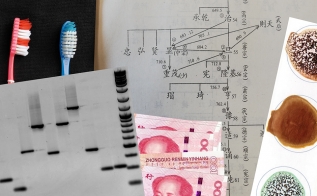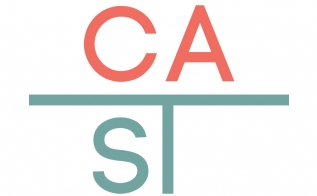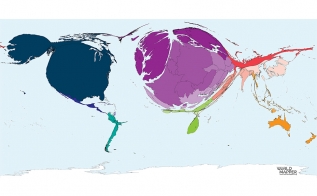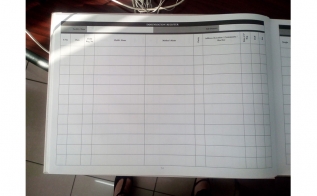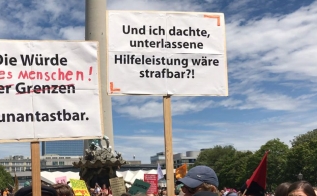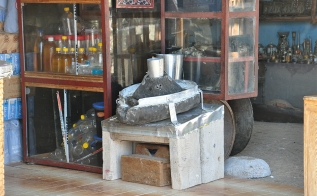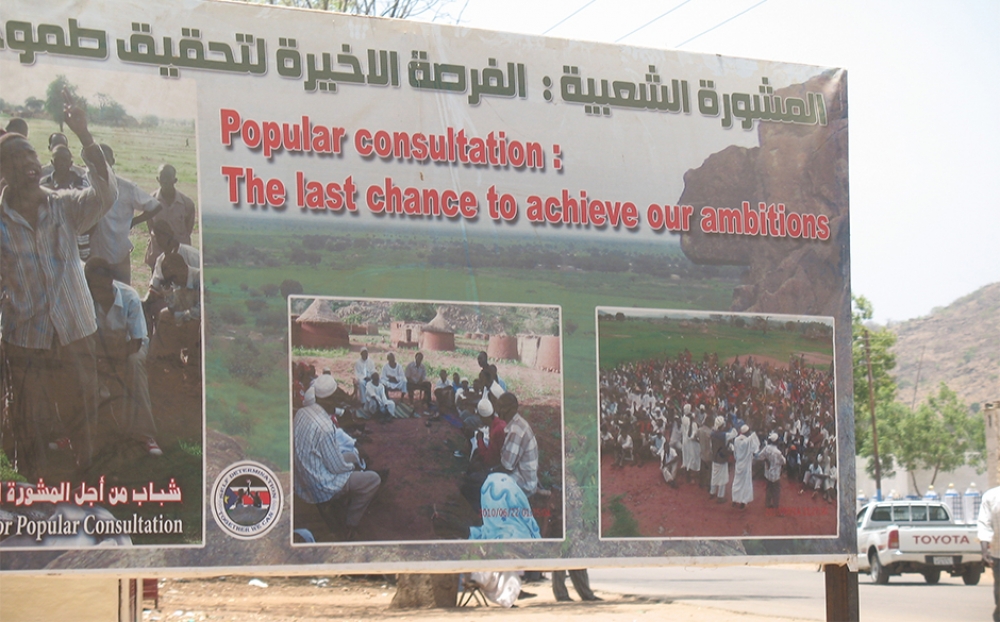
Description
This project offers a study of the legal implications of the peace negotiations between the Sudanese federal government and the two factions of the South Kordofan insurgency movement (SPLM-N). The divergence of the claims of the two factions is based on an antagonistic understanding of the right to internal self-determination that manifested in 2017. On the one hand, SPLM-N Agar (historic faction) mainly relied on a “Republican” and representative approach of the right to self-determination, equating it with the mere ability of the movement to regain its status as a legally authorized and registered political party allowed to run for elections and contribute to the running of the political organs of the State (either federal and federated in South Kordofan and Blue Nile). The fact that Agar joined the newly established Transitional Partners Council following an amendment to the federal transitional constitution illustrates this view. On the other hand, SPLM-N al-Hilu (dissident faction) promoted a “democratic” and popular understanding of the right to self-determination, implying that it could be implemented only through a popular referendum for the population of South Kordofan. Al-Hilu recently had to revise his demand in order to enter negotiations with the Sudanese Prime minister Hamdok and substituted the claim for referendum for a mere formal claim for a secular State. This research project can help draw findings on the significance of the right to internal self-determination in international law and on its actual manifestations and outcome in post-conflict contexts. One additional fieldwork in Sudan is to be carried out in the course of this project.


